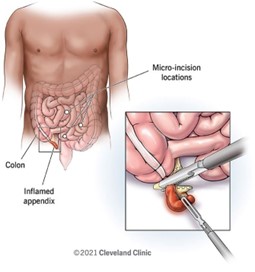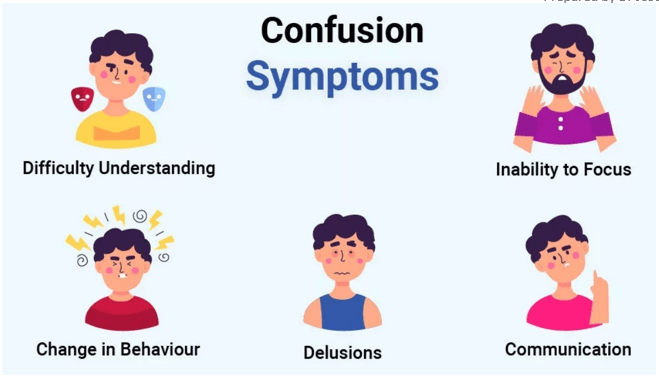When the practical nurse (PN) attempts to assist an 18-year-old client with a mild mental disability to ambulate on the first postoperative day after an appendectomy, she becomes angry and says, "PN, 'Get out of here! I'll get up when I'm ready!" Which response is best for the PN to make?
"You must ambulate to avoid complications which could cause more discomfort than ambulating."
"I know you feel angry about the pain of ambulation, but this is a necessary part of getting well."
"Your healthcare provider has left specific instructions to ambulate on the first postoperative day."
"I will be back in 30 minutes to help you get out of bed and walk around the room today."
The Correct Answer is D
- An 18-year-old client with a mild mental disability is a client who has a lower than average intellectual functioning and some limitations in adaptive skills, such as communication, socialization, and self-care. A mild mental disability may affect the client's ability to understand, cope, or cooperate with medical interventions, such as ambulation after surgery.
- Ambulation is the act of walking or moving around. It is an important part of postoperative care, as it helps to prevent complications such as deep vein thrombosis, pulmonary embolism, pneumonia, atelectasis, constipation, and pressure ulcers. Ambulation also promotes circulation, wound healing, and muscle strength.
- When the practical nurse (PN) attempts to assist the client to ambulate on the first postoperative day after an appendectomy, the client becomes angry and says, "PN, 'Get out of here! I'll get up when I'm ready!" This may indicate that the client is experiencing pain, fear, anxiety, or frustration due to the surgery and the recovery process.
- The best response for the PN to make is to acknowledge the client's feelings, provide reassurance and support, and set a clear and realistic goal for ambulation. This will help to establish rapport, reduce resistance, and motivate the client to participate in the care plan.
- Therefore, option D is the correct answer, as it shows empathy and respect for the client's feelings, while also informing the client of the expectation and time frame for ambulation. Option D also allows the client some time to prepare mentally and physically for the activity.
Options A, B, and C are incorrect answers, as they do not address the client's emotional needs or demonstrate effective communication skills.
Option A is incorrect because it uses a threatening tone and does not acknowledge the client's feelings.
Option B is incorrect because it assumes that the client feels angry about the pain of ambulation, which may not be true or helpful.
Option C is incorrect because it appeals to authority and does not explain the rationale or benefits of ambulation.

Nursing Test Bank
Naxlex Comprehensive Predictor Exams
Related Questions
Correct Answer is C
Explanation
it provides reality orientation and helps the client cope with the change in environment. The client may be experiencing acute confusion or delirium due to stress, medication, infection, or other factors. The PN should remind the client of the date, time, and place frequently and use other strategies such as calendars, clocks, and familiar objects to reduce confusion.

Correct Answer is B
Explanation
A. Enrolling the UAP in a hospital education class on conducting safe client care is unnecessary at this moment. The immediate concern is ensuring the client's safety during the procedure.
B. Stopping the procedure and instructing the UAP to place the client in Fowler's position (or at least semi-Fowler's) is the correct action. This position helps prevent aspiration during oral hygiene for an unconscious client.
C. Praising the UAP for performing oral hygiene does not address the safety risk present in this situation. While family participation is encouraged, it should not be the focus here.
D. Telling the UAP to continue because the unconscious client is positioned safely is incorrect, as the flat side-lying position increases the risk of aspiration. Ensuring the client is positioned properly is essential for their safety.
Whether you are a student looking to ace your exams or a practicing nurse seeking to enhance your expertise , our nursing education contents will empower you with the confidence and competence to make a difference in the lives of patients and become a respected leader in the healthcare field.
Visit Naxlex, invest in your future and unlock endless possibilities with our unparalleled nursing education contents today
Report Wrong Answer on the Current Question
Do you disagree with the answer? If yes, what is your expected answer? Explain.
Kindly be descriptive with the issue you are facing.
